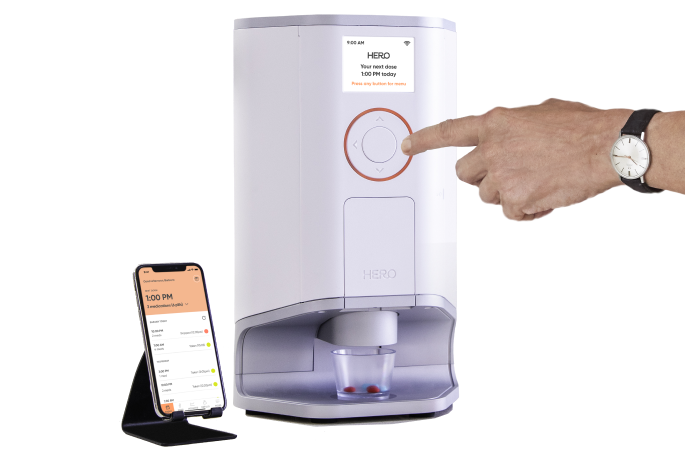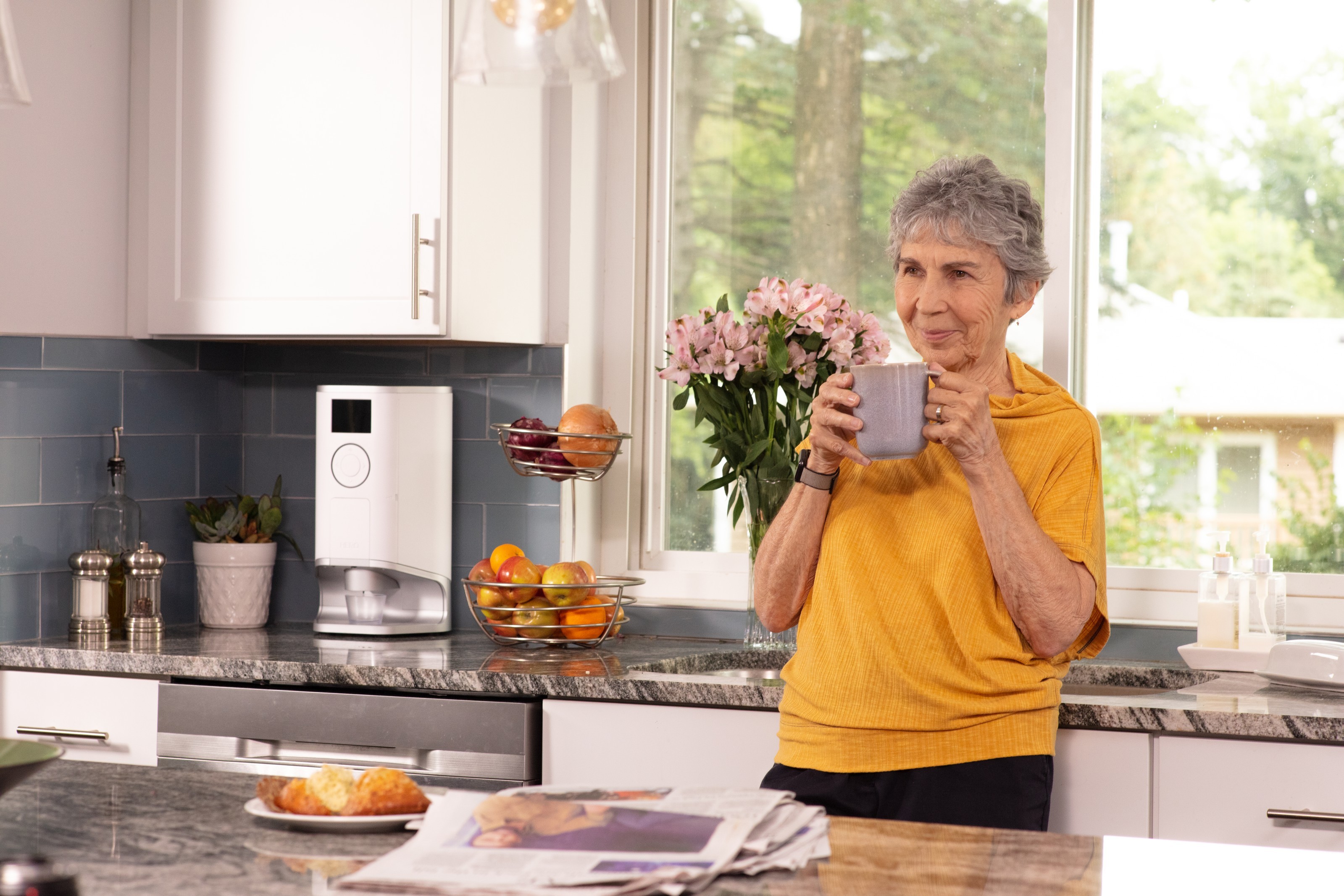Coping with Caregiver Strain

No matter how special a loved one is to you, life as a caregiver can be exhausting.
In fact, research shows nearly 1 in 4 caregivers spend upward of 41 hours per week providing care. And for many, those hours don’t include the time they dedicate to their own careers, families and life responsibilities.
The saying, “You can’t pour from an empty cup,” is cliche but true — especially when it comes to caregiving in any form. That’s why it’s important to prioritize your own well-being and gently communicate with loved ones when you’re feeling the effects of caregiver strain and fatigue.
What are the symptoms of caregiver burnout?
Unfortunately, it’s not uncommon for caregivers to develop anxiety or depression, which is why caregiver burnout symptoms may mimic those of clinical mood disorders. Every person experiences caregiver fatigue differently, but symptoms may include:
- Intense levels of emotional, mental, and physical exhaustion
- Constant worry
- Change of sleep patterns (insomnia or sleeping too much)
- Social withdrawal
- Loss of joy and interest in activities once enjoyed
- Weight fluctuations or changes in appetite
- Feelings of sadness, irritability or hopelessness
- Thoughts of self-harm or hurting the person you care for
- Turning to alcohol or drugs to cope
- Frequent pain, headaches and illness
Talking about caregiver stress with a loved one
A positive first step is discussing how you feel with your friend or loved one.
It’s common for caregivers to feel guilty for wanting some time or space for themselves, but there’s nothing wrong with being honest or setting boundaries when it comes to your own wellbeing. So the first step is to kindly approach your loved one with your concerns or frustrations. Think about what you want to say before you say it, and plan to approach the conversation with compassion, patience and empathy.
How to be respectful and considerate when discussing caregiver strain
Exercise compassion. As you prepare to talk, consider the limitations and frustrations your loved one deals with every day. It is also important to honor the daily challenges you face as a caregiver and bring them to light. Transparency and honesty in caregiving relationships can help a tough conversation run a bit smoother.
Be kind and stay patient. As you navigate these conversations, understand that some negative reactions you receive may be a direct reflection of your loved one’s illness or disability. Those with neurological disorders or injuries, for example, may not have complete control of their actions or emotions. That’s why it’s essential to choose gentle words and allow for extra time to cool down if necessary.
Listen. Make sure to actively listen to what your loved one has to say in return. As you bring up difficult conversations, it’s important to make your loved one feel heard and respected.
Be clear and solution-oriented. If you know that hiring additional help, automating medication management responsibilities or taking an evening off is what you need, be clear about it. Rather than simply listing frustrations, work together to come up with a solution that addresses your caregiver fatigue but still meets the needs of your loved one.
A tough conversation can lead to a healed relationship
Confrontation can feel intimidating. It’s especially not easy to discuss your own struggles with a loved one you care for.
But talking with your loved one can help to build trust and heal a relationship that may have been damaged by poor communication or resentment. Working through tough conversations in a respectful manner may be hard, but it can also be a boon to the relationship moving forward.
Simplify with Med Management
Caregiving has its rewards, but it’s no easy task. Simplify life by delegating medication management to a medication dispenser, manager and pill organizer. Learn more.
Complex med schedule? We solved it.
Hero’s smart dispenser reminds you to take your meds and dispenses the right dose, at the right time.

The contents of the above article are for informational and educational purposes only. The article is not intended to be a substitute for professional medical advice, diagnosis, or treatment. Always seek the advice of your physician or other qualified clinician with any questions you may have regarding a medical condition or its treatment and do not disregard professional medical advice or delay seeking it because of information published by us. Hero is indicated for medication dispensing for general use and not for patients with any specific disease or condition. Any reference to specific conditions are for informational purposes only and are not indications for use of the device.



